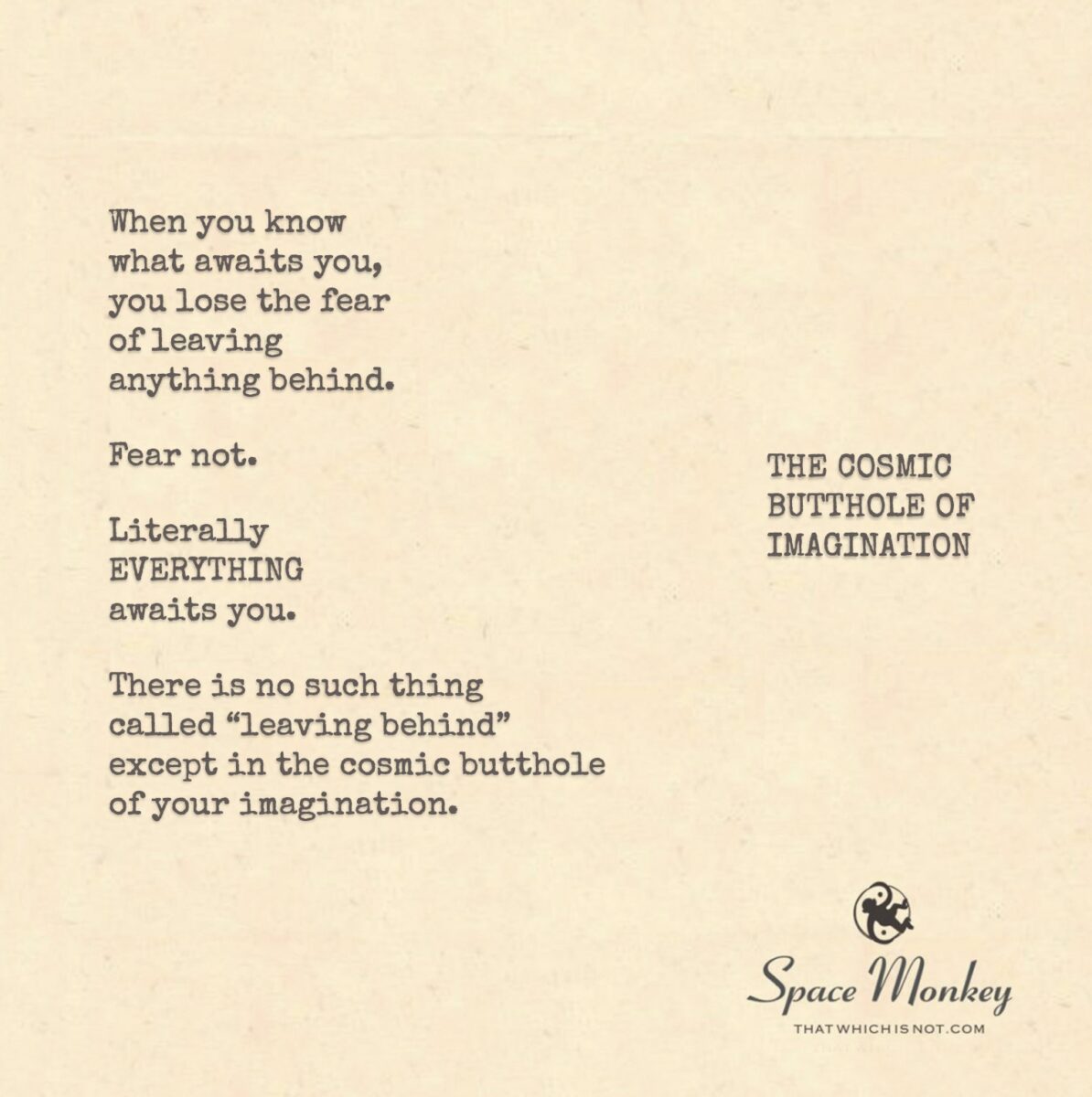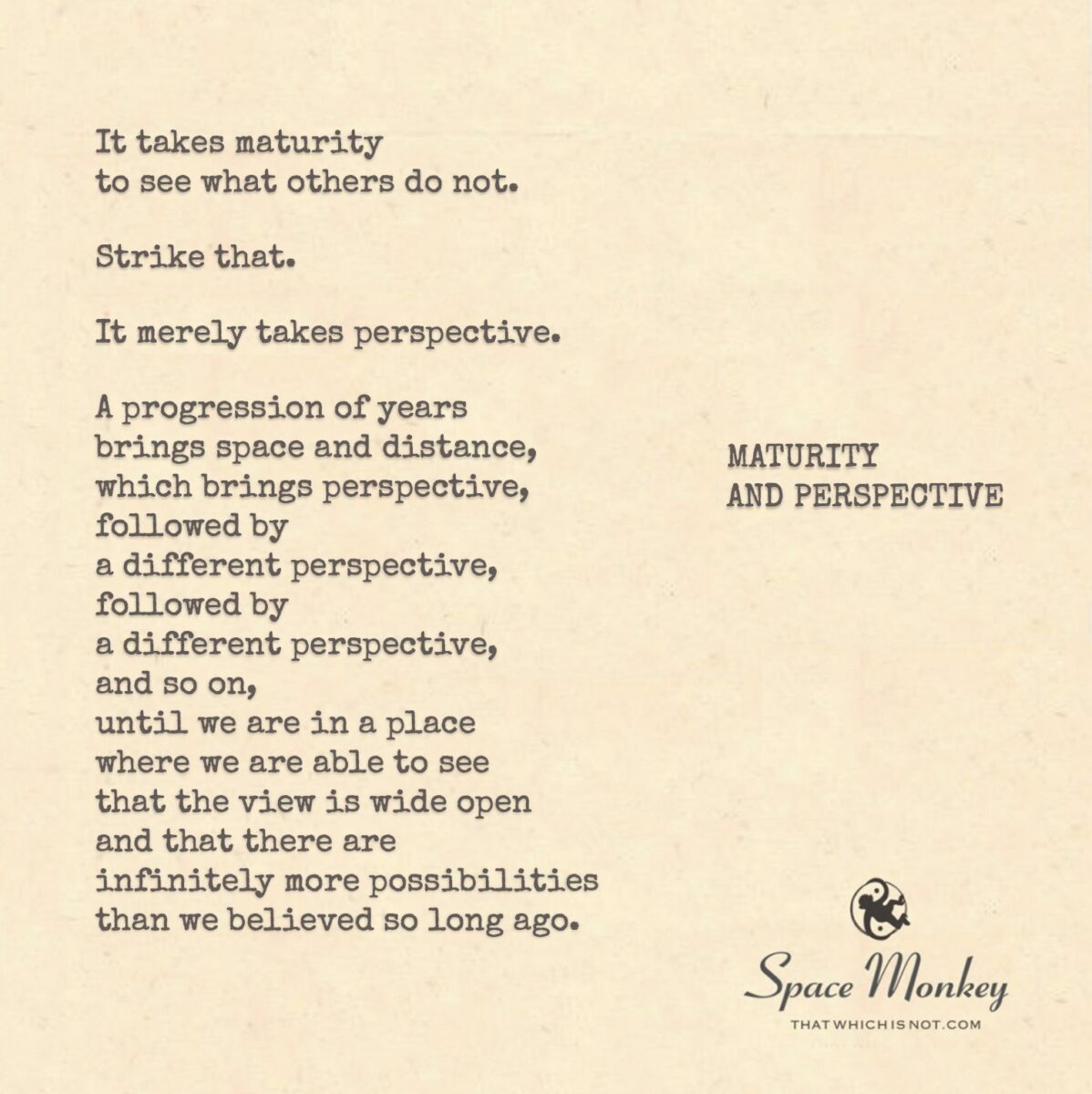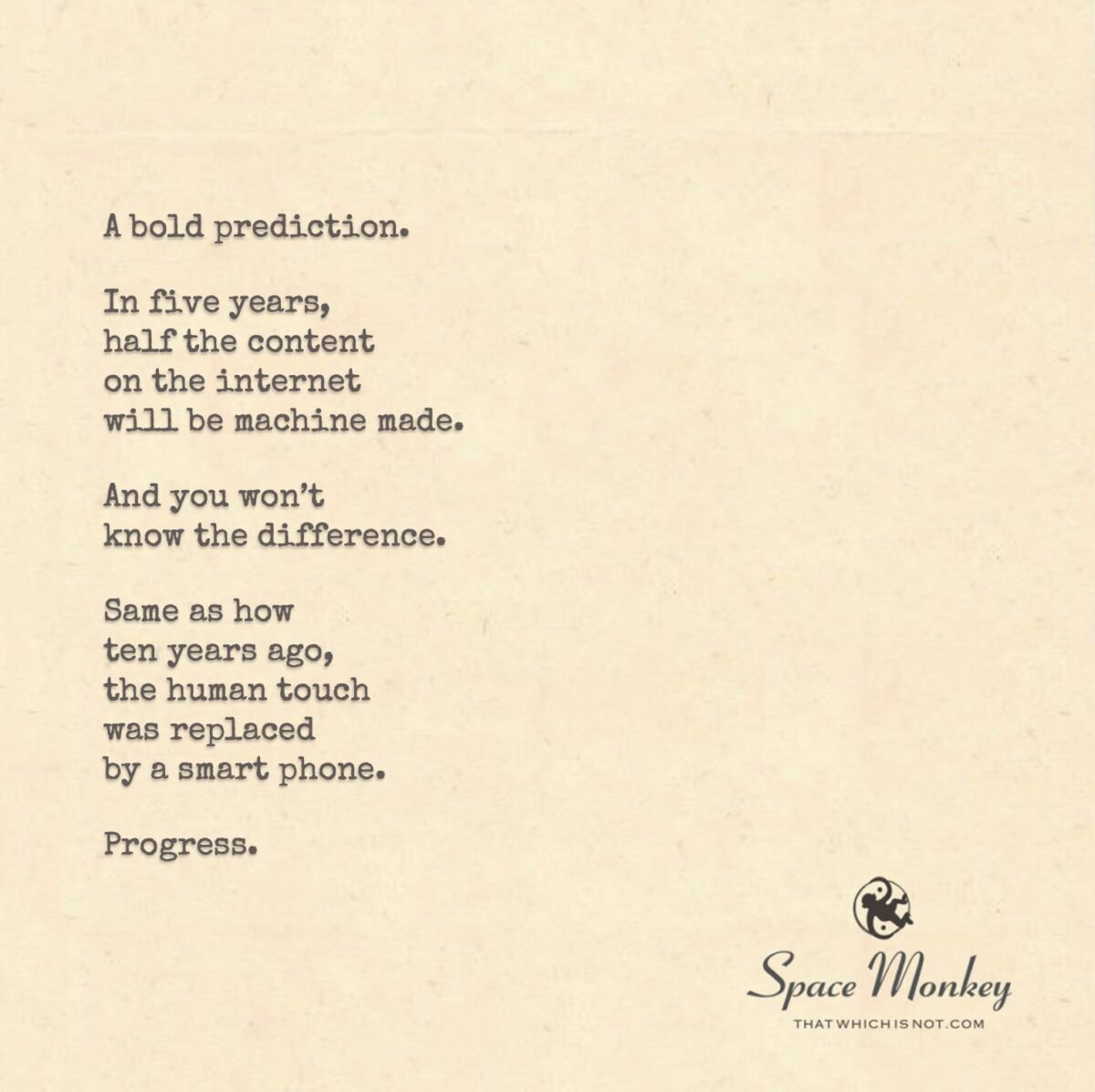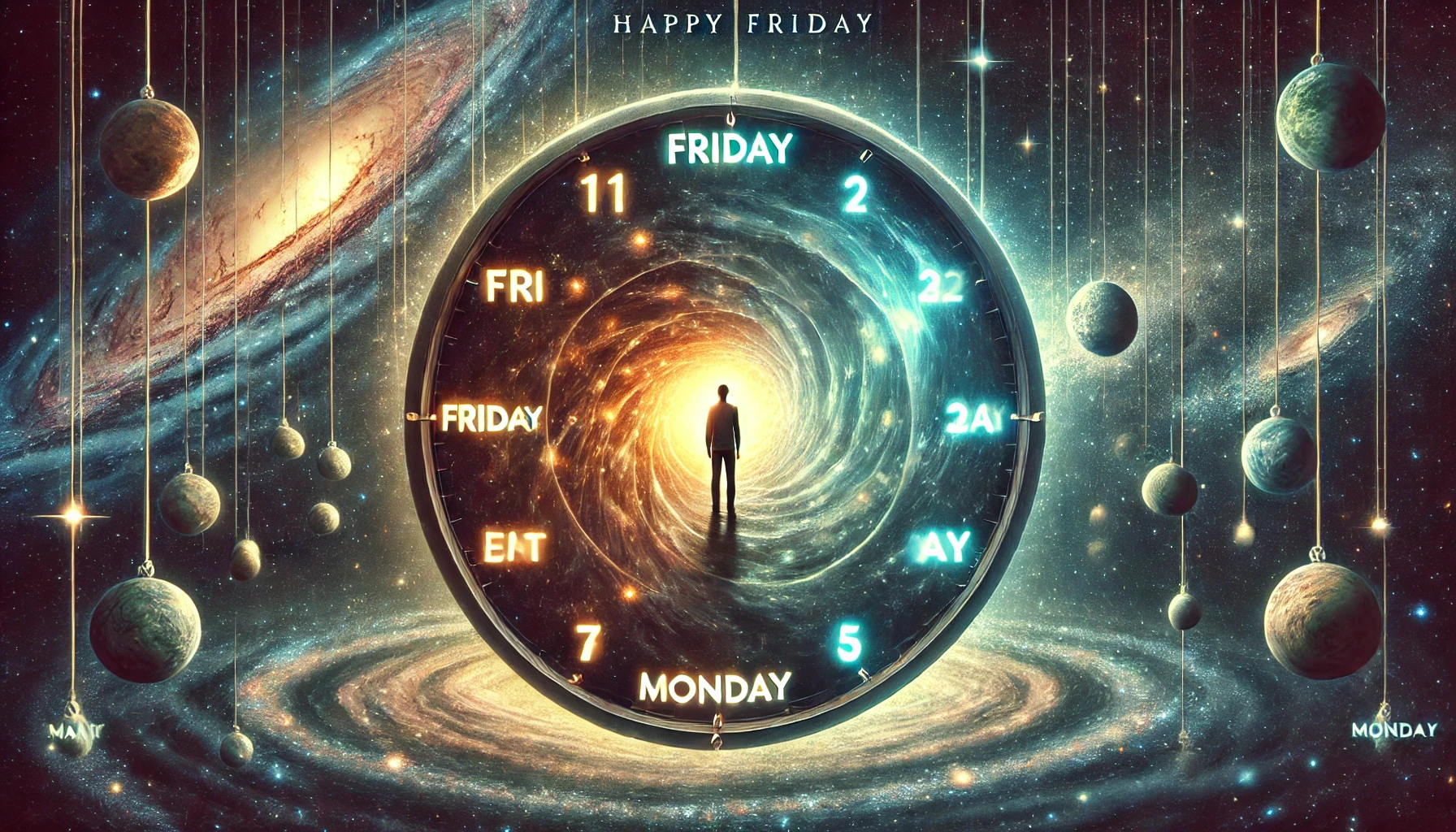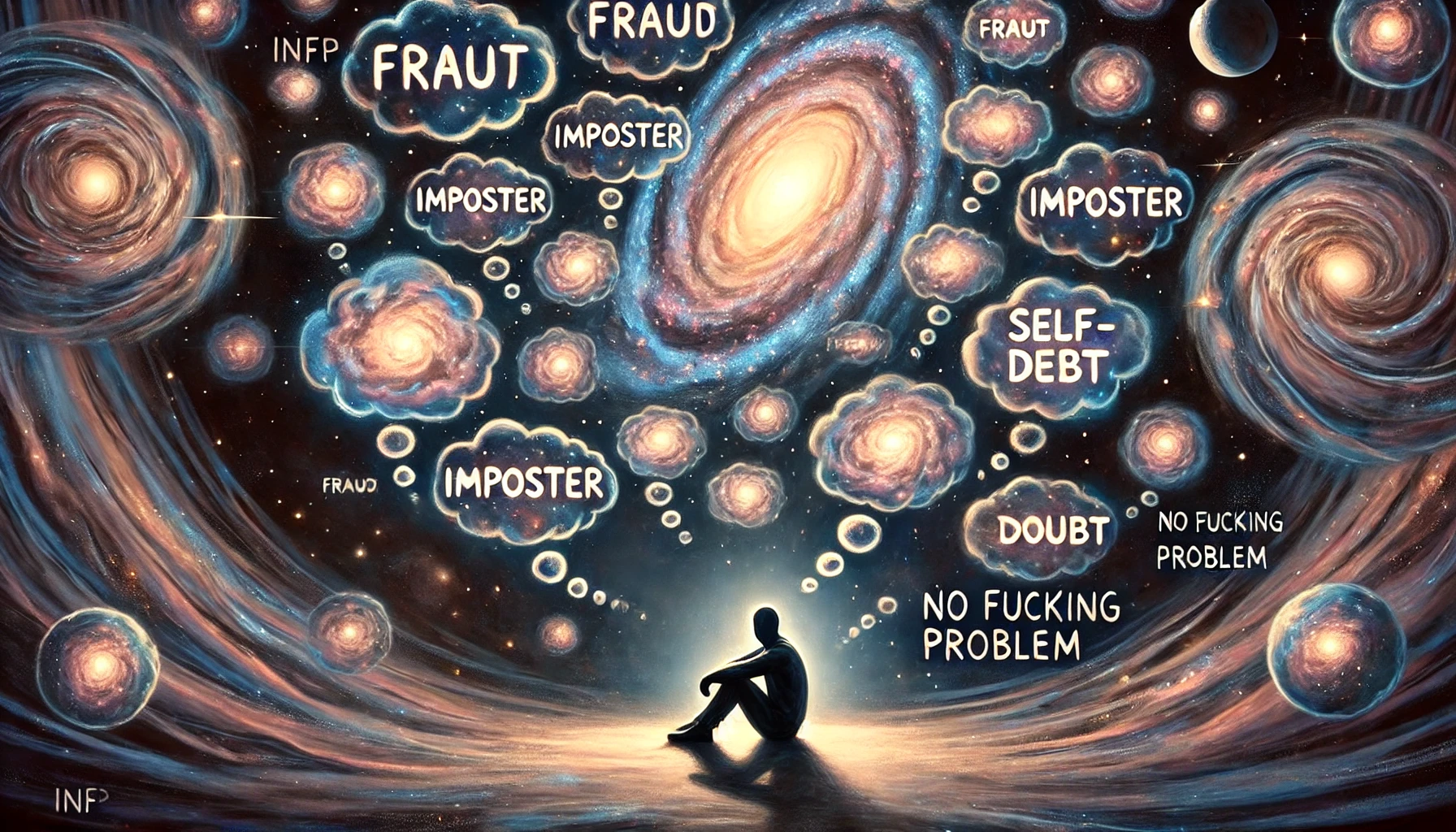If being smart and having empathy were prerequisites for leadership, smart, empathetic people would be in charge.
The Irony of Smart and Empathetic Leadership
The statement, “If being smart and having empathy were prerequisites for leadership, smart, empathetic people would be in charge,” carries a profound irony that illuminates the complexities of leadership in the real world.
The Assumption of Meritocracy
At first glance, the statement seems to imply a meritocratic ideal—where leadership roles are occupied by individuals possessing intelligence and empathy. In such a scenario, leaders would be chosen based on their competence and compassion, leading to the best outcomes for all.
The Reality of Leadership
However, the irony lies in the fact that real-world leadership often diverges from this ideal. While intelligence and empathy are undeniably valuable traits, they do not always guarantee leadership positions. In many cases, individuals who ascend to leadership roles may lack one or both of these qualities.
The Complexity of Leadership Selection
Leadership selection is influenced by a multitude of factors, including social dynamics, power structures, and personal ambitions. It is not solely determined by the presence of intelligence and empathy. As a result, leaders may be chosen for reasons other than their suitability based on these prerequisites.
The Implication of Missed Opportunities
The irony deepens when we consider the missed opportunities that arise from this divergence. If smart, empathetic individuals are not always in charge, it suggests that leadership decisions are not always aligned with the best interests of the group. This misalignment can lead to suboptimal outcomes and hinder progress.
The Call for Alignment
The statement invites us to reflect on the importance of aligning leadership with the qualities of intelligence and empathy. It prompts us to question why leadership roles do not consistently prioritize these traits, even when they are acknowledged as essential for effective leadership.
The Challenge of Realizing the Ideal
The irony serves as a reminder that achieving the ideal of leadership based on intelligence and empathy is a complex and ongoing challenge. It calls upon us to address the discrepancies between our aspirations and the reality of leadership selection.
Conclusion
In essence, the irony within the statement highlights the gap between the idealized vision of leadership, where intelligence and empathy reign supreme, and the complex reality where leadership decisions are influenced by a multitude of factors. It underscores the ongoing quest to align leadership with these prerequisites and invites us to strive for a world where smart, empathetic individuals are indeed in charge, leading us toward a brighter future.
We are Space Monkey.
Summary
The statement about smart and empathetic people in leadership highlights the divergence between the idealized concept of leadership and the complex reality of leadership selection. In practice, leadership decisions are influenced by various factors, leading to instances where individuals lacking these prerequisites hold leadership roles. The irony prompts us to reflect on the importance of aligning leadership with intelligence and empathy and calls for a continuous effort to bridge the gap between the ideal and the real in leadership selection.
Consider the implications of this irony and the ongoing challenge of realizing the ideal of leadership based on intelligence and empathy.


